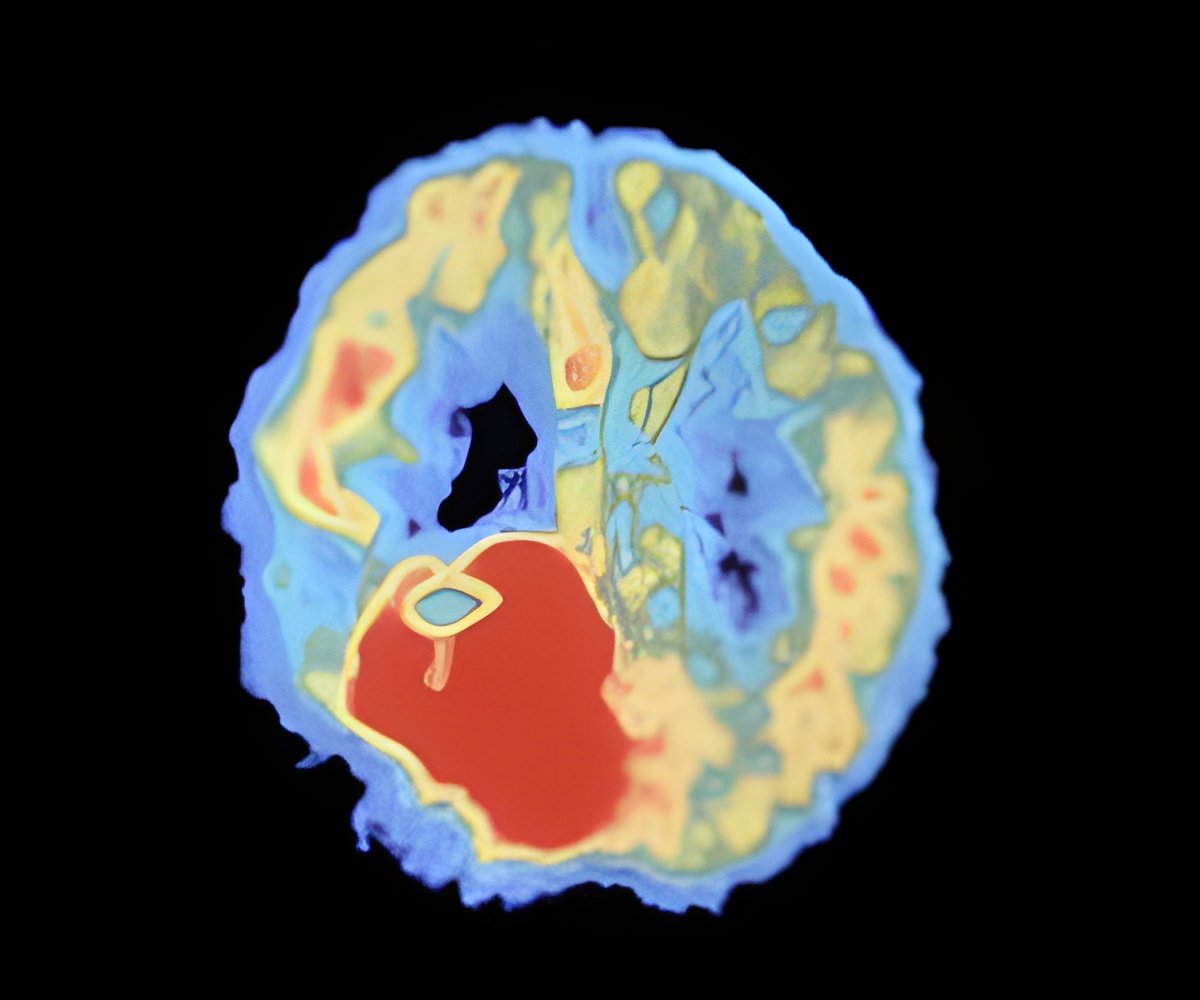
‘Patients who've suffered from traumatic brain injuries (TBIs) have changes in tiny blood vessels in their brains that are linked to a range of cognitive symptoms.’
Tweet it Now
The research examined whether microvascular injury had a role in some of the cognitive and psychological problems that are common in TBI patients by assessing the correlation between blood flow and cerebral reactivity--a change in blood flow in the brain in response to a stimulus--in TBI patients. Using functional MRI-Blood-Oxygen Level dependent (BOLD) and Diffusion Tensor Imaging (DTI)--which together makes it possible to see inside the brain in great detail--the team assessed the strength and function of small blood vessels in the brains of 27 chronic TBI patients and 14 healthy subjects.
In addition to imaging, subjects underwent seven neuropsychological tests. Study participants were also assessed for post-concussive symptoms using the Brief Symptom Inventory-Somatic and Rivermead Post-Concussion Questionnaire, which evaluates severity of cognitive and emotional symptoms such as headaches and depression. The results showed deficits in cerebrovascular reactivity with TBI patients. While vascular reactivity is decreased in chronic TBI, the study showed that increased cerebrovascular reactivity in subcortical regions of the brain (hippocampus, amygdala, thalamus, caudate, putamen) is associated with more post-concussive symptoms. "These findings underscore the importance for precise diagnosis with TBIs, to ensure the right therapies are identified for patients," Diaz-Arrastia said. "By nature, TBI injuries always vary--the brain damage is not the same in any two patients. If we have a therapy that could target the specific lesion that's unique for each patient, then we can treat patients with better, more appropriate therapies. Overall, our vision for the future is that patients with TBI, and perhaps even other disorders, can have their microvascular function assessed as part of a routine neurological evaluation to help find the right treatment for each patient."
Source-Eurekalert















